
‘Because we’re out there’
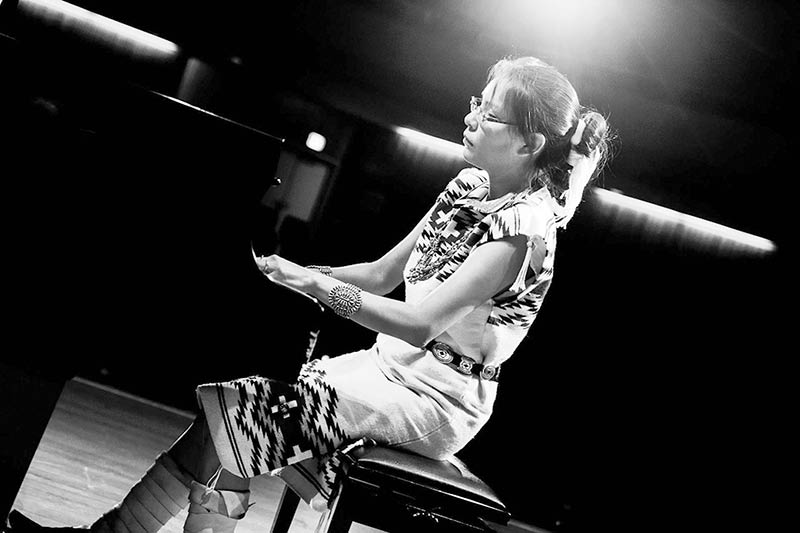
Submitted Renata Yazzie, from Albuquerque, took an 11-year break from formal piano lessons but came back to it three years ago. She is a classically trained pianist and is currently a graduate student at the University of New Mexico studying musicology and piano performance.
Diné pianist wants to encourage other Native music students
WINDOW ROCK
When Renata Yazzie was just three years old, she began learning how to play the piano. A year later, she would begin taking formal piano lessons and eventually became a classically trained pianist.
Now 24, she is pursuing her musical passions and trying to help others do the same.
“It’s very difficult for music students to, in general, get scholarships,” Yazzie said, “because a lot of them are performance based. It’s extremely competitive.”
This is why she is creating the American Indian Musician’s Scholarship. Yazzie is currently fundraising to provide a scholarship for Native American students who want to pursue a degree in music.
As a college student, she knows firsthand how difficult it is to find music scholarships or Native scholarships that will support a student’s passion for music.
“For institutional reasons and lack of access to proper music education, Indigenous students who are going into music programs are oftentimes not at the skill level to compete with (other) people for good, quality scholarships,” she said.
There are also few Native American scholarships that will fund fine arts degrees.
“You’re not just competing with music people,” she said. “You’re competing with writing and poetry and the visual arts.”
Most scholarships for Native students are meant for those going into the science, technology, engineering and mathematics fields.
“So, I wanted to create something music-specific,” Yazzie said. “Because we’re out there. There are American Indian students who study music and this is my way of supporting their passion.”
The inaugural scholarship will be $250 for one Native American who is a full-time student at an accredited university and studying music. The deadline to apply is March 1.
For the first year, the amount will be small but as the years go on she hopes to be able to provide more.
At least the scholarship will be “letting them know that someone from their community cares about the music that they’re studying and cares about their education,” Yazzie said.
This is something Yazzie is intentionally creating at the Department of Music at the University of New Mexico, where there are only five Native American students, she said.
“Being able to create a space for us to exist within an environment that is heavily influence by Western society — that’s really important for their success,” Yazzie said, “so they feel like they belong somewhere – that they have a place in that department.”
This is something that Yazzie didn’t have when she first started in the department about seven years ago as an undergraduate who majored in chemistry with a minor in music.
“It’s something I struggled with my whole life,” Yazzie said. “It was very queer that I was the only Native student there at studio recitals, at competitions.”
Yazzie took piano lessons in Flagstaff and was formally taught from ages four to 10.
“There were parents who would make racist remarks about me being up there and performing,” she said, “but then also being home on the reservation playing these pieces, my cousins would tease me about it and tell me I play ‘white man’s music.’”
Then, she stopped taking formal lessons for about 11 years before starting again at UNM’s Department of Music when she was 21.
“People who can afford to go into music, and that can afford the instruments, that can afford to not have a ‘practical degree,’ whatever ‘practical means,’ creates this culture that is sometimes not welcoming to Native students,” she said. “I definitely felt out of place.”
She is currently a graduate student at UNM studying musicology and piano performance. Each year the number of Native American students in the department increases.
“It makes for a less lonely place the more of us there are,” she said.
She hopes to one day be able to bring the healing properties of music to Navajo communities. This is her hope for what other Navajo music students will do as well.
“Then they can go back home and teach,” she said. “(Music) can be used to heal from historical trauma. It has all sorts of healing properties in the same way that Navajos view singing as a way of healing.”
To fundraise for this music scholarship, she will be hosting a benefit concert on Thursday, Jan. 4, at Monte Vista Christian Church in Albuquerque, from 7 p.m. to 9 p.m.
Information: www.renatayazzie.staging.com/music-scholarships-spring-2018/
To read the full article, pick up your copy of the Navajo Times at your nearest newsstand Thursday mornings!
Are you a digital subscriber? Read the most recent three weeks of stories by logging in to your online account.

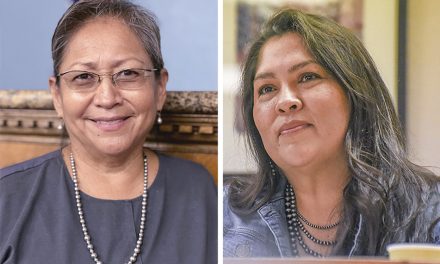
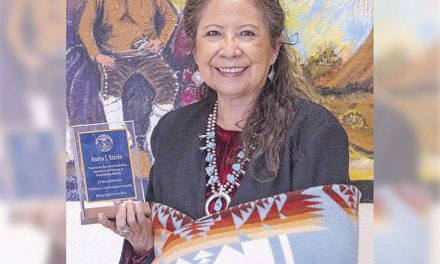

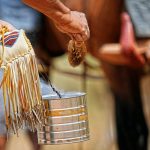
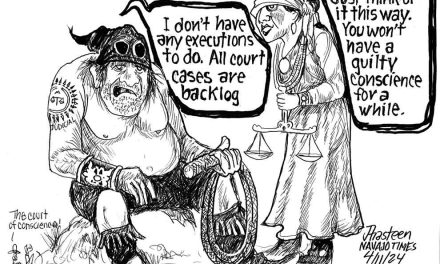

 Highway 264,
Highway 264, I-40, WB @ Winslow
I-40, WB @ Winslow